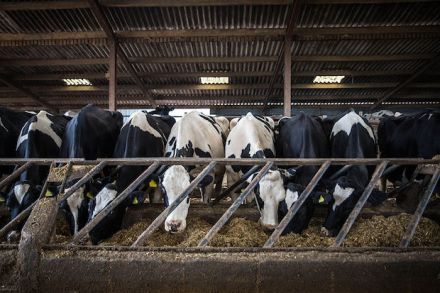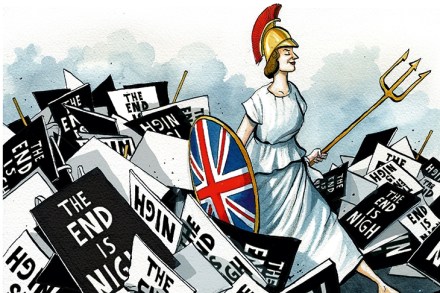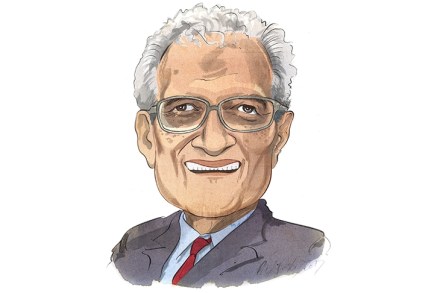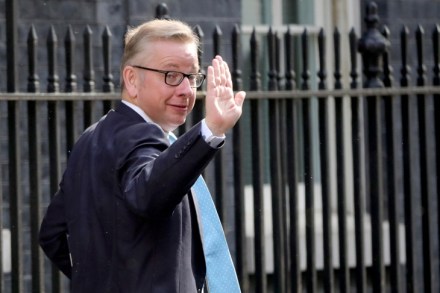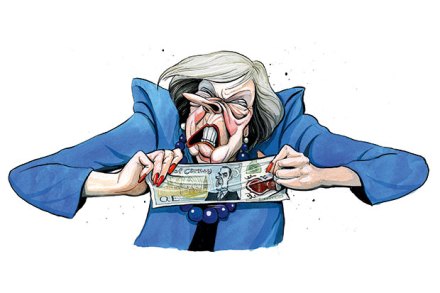Here’s a consumer tip, for what it’s worth
‘Suppose you bought a case of claret a few years ago for £20 a bottle. It now sells at auction for about £75. You have decided to drink a bottle. Which of the following best captures your feeling of the cost to you of drinking the bottle? 1. £0. I already paid for it. 2. £20 — what I paid for it. 3. £20 plus interest. 4. £75, what I could get if I sold the bottle. 5. -£55. I get to drink a bottle that is worth £75 that I only paid £20 for, so I save money by drinking it.’ This question (with prices in dollars)











